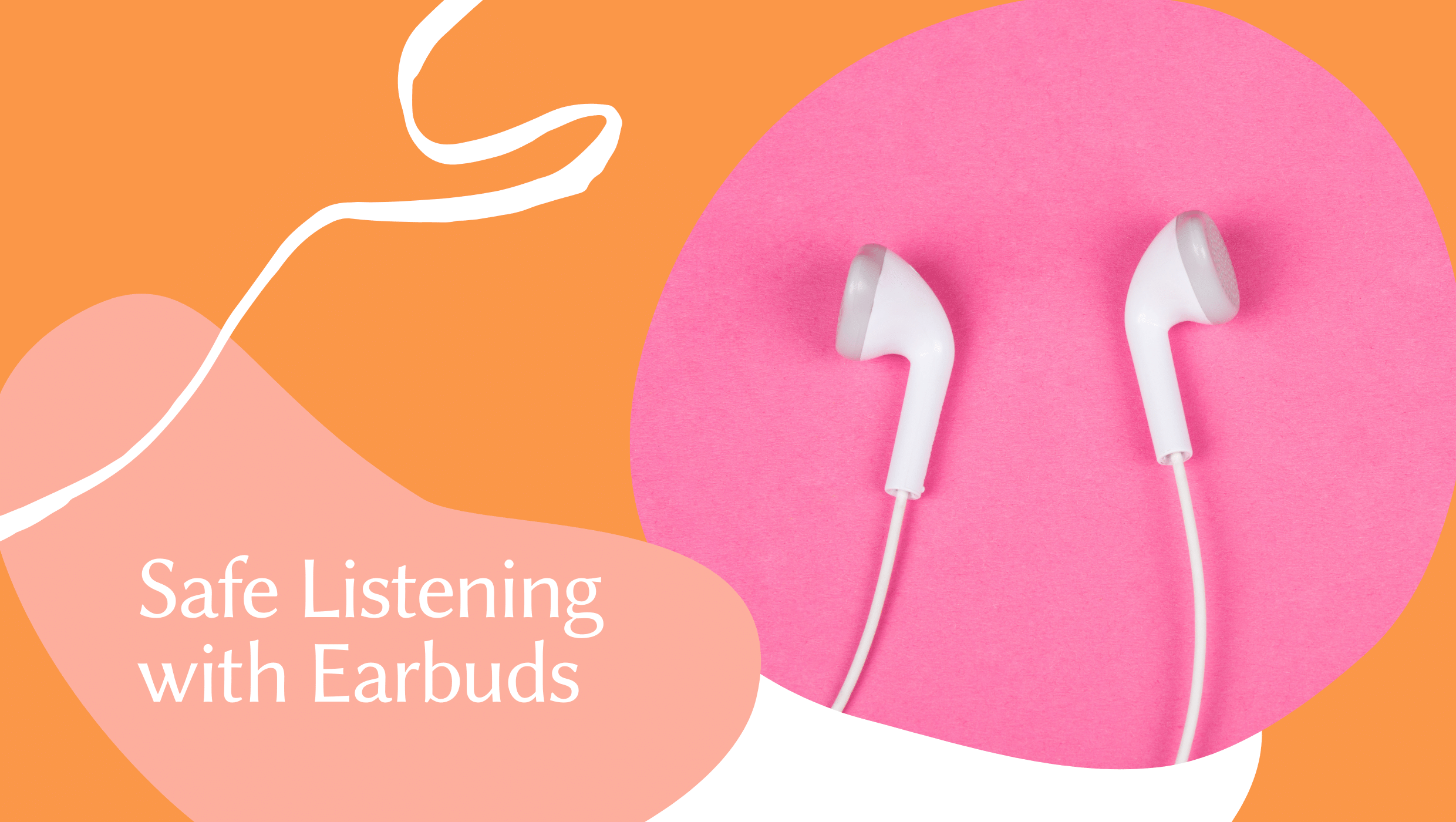
- Understanding the Different Types of Assistive Listening Technology - April 15, 2025
- Emergencies That Can Occur With Hearing Aids - April 5, 2025
- When to Consider a Second Opinion for Hearing Health - March 25, 2025
What an age we live in! The internet has transformed nearly every aspect of daily life in just a few decades. Content that used to require large appliances and a vast collection of storage media can now be accessed in seconds on one small device, and the audio comes directly to our ears via earbuds. Whether we’re rocking out to Childish Gambino or taking in the news on a subway train, earbuds allow us to hear anything from all over the world at just about any time.
The problem is, many of us are harming our hearing by keeping the volume up too loud. The official science indicates that sound levels at or below 85 dBA are safe for our ears for up to 8 hours, but any louder and the timeline has to be fairly short before hearing loss occurs. At 100 dBA, for example, it only takes about 15 minutes for permanent hearing loss to be caused. Just about any rock music concert or DJ party reaches 100 dBA, and usually lasts a little longer than 15 minutes! If you’re listening to your earbuds and trying to recapture that experience of pounding, pumping, rollicking live music, you’re doing long-term harm to your ability to enjoy it in the future. It’s important to wear earplugs at music events, and keep the volume reasonable on your personal listening devices.
Special Problems with Earbuds
Because earbuds actually sit inside the ear canal, the distance between them and your eardrums is pretty minimal. Injecting sound into your ears at that short of a distance makes it more likely that damage will occur. Psychoacoustically, it makes it harder to have the experience of being surrounded by sound, so our tendency is to turn them up to levels that might feel normal at first, but in reality are dangerous.
Also, because different people have different sizes of ear canals, different volume settings will be experienced differently by different wearers.
So what can we do?
Turn the Volume Down!
It’s just that easy! While you might be tempted to max out the volume on your device, just don’t do it. This advice applies not only to earbuds but televisions, car radios, home stereos, and everything else. Whenever you have the opportunity to control the volume of a device, keep it at such a volume that you can hear it clearly, but no higher.
Wear Headphones Instead of Earbuds
Many people use the terms interchangeably, but headphones are the devices with the head strap, and “cups” that surround the ears, rather than sit inside of the ear canal. Getting the transducers (speakers) outside of your ear canals makes it easier for you to tell how loud you’re listening, and to experience the music a little more like listening to a speaker. Our pinna (the visible part of the ear) isn’t just there for holding eyeglasses and decorating with earrings! We get some sonic information from the nerves in our pinna, and headphones don’t bypass it the way earbuds do.
Try Noise-Cancelling Technology
Many of us use our earbuds or headphones in noisy environments like busses, trains and airplanes. With all the background noise, we have to turn the volume up to hear the media we’re playing. With noise-cancelling earbuds or headphones, the noise is eliminated with active technology that uses the sonic property of “reverse polarity” to create an equal but opposite sound to the outside noise in their speakers, which sums to 0 dB by the time it reaches your eardrums. Now you can keep the volume of your media much lower, or just use the headphones to reduce the background noise even if you’re not listening to media.
If you’re among the 48 million Americans who suffer from hearing loss, whether it’s from excessive noise or some other cause, make an appointment for a hearing test with us today and start keeping track of your hearing health.
Hearing loss, once thought to be a relatively benign health concern, has been shown in recent decades to engender a cascade of negative health effects, so it’s important to start treating hearing loss if you’re having problems hearing on a day to day basis. Talking to our team of hearing professionals will also give you some ideas about how to limit the progress of your hearing loss going forward, so don’t delay!
